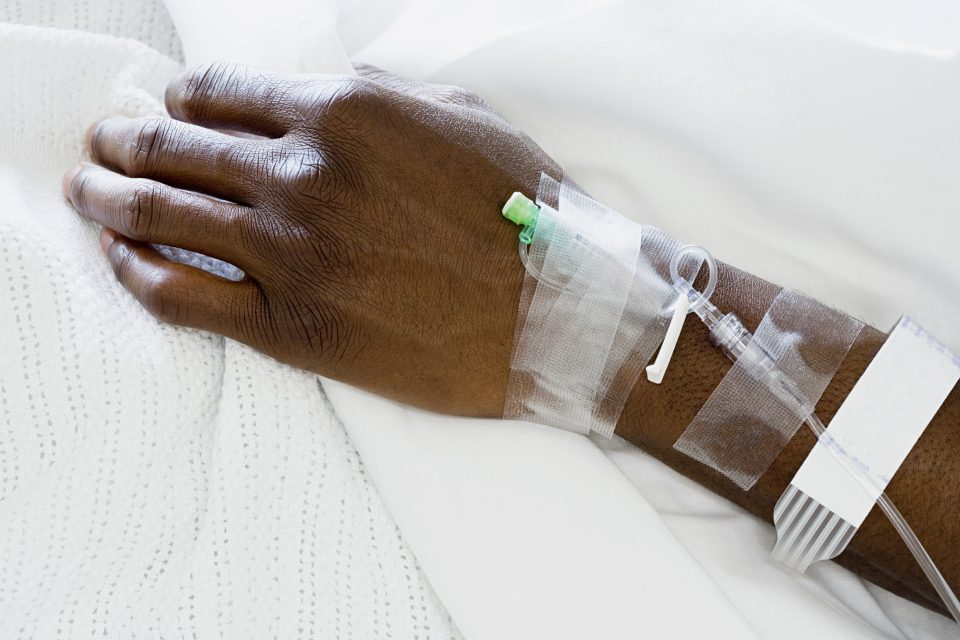
October is Breast Cancer Awareness Month and just last week Ananda Lewis shocked us all with her diagnosis. Secondly, her decision for not getting mammograms is one that she regrets; however, her reasoning resonates with many women. Did you know Blacks are more likely to die from diseases due to health disparities? Black health matters and early detection and treatment are key. However, studies show there is a lack of trust between medical professionals and patients because of past mistreatment and the experimentation on Black people. One example would be the Tuskegee Syphilis Experiment, which still haunts our memory in addition to current health disparities.

– 50% more likely to die from breast cancer;
– African Americans are 10 times more likely to have a limb amputated;
– Less likely to be screened for high cholesterol, which can leads to strokes and heart failure.
Black health matters, but it starts with being informed and proactive.
3 things to do now
- Call and make your needed appointments. Verify that the service will be covered by your insurance since we are approaching the end of the year.
- Request copies of your labs for reference and discuss the results with your health care provider.
- Ask questions and speak to your pharmacist about any side effects or medication concerns.
Important health screenings for women and men*
Mammograms: Get screened by age 40 or earlier if a family history of cancer (women).
Self-breast exams: Women, monthly age 20 and over; men if a family history of breast cancer.
Cervical cancer: Starting at age 21 get a pap smear every three years.
Diabetes: Get screened if you have a family history of high blood pressure or at least by 35.
Colon cancer: Colonoscopy by age 45.
Depression: Get screened if in the last two weeks you experienced sadness, hopelessness, or little interest in doing things.
High blood pressure and cholesterol: Get screened regularly if you use tobacco, are overweight, or have a personal history.
STD screenings: All sexually active persons, people who have multiple partners, new partners, HIV positive, or having sex with the same sex.
*Source: The Cleveland Clinic
For more ion the original article visit

Be the first to comment